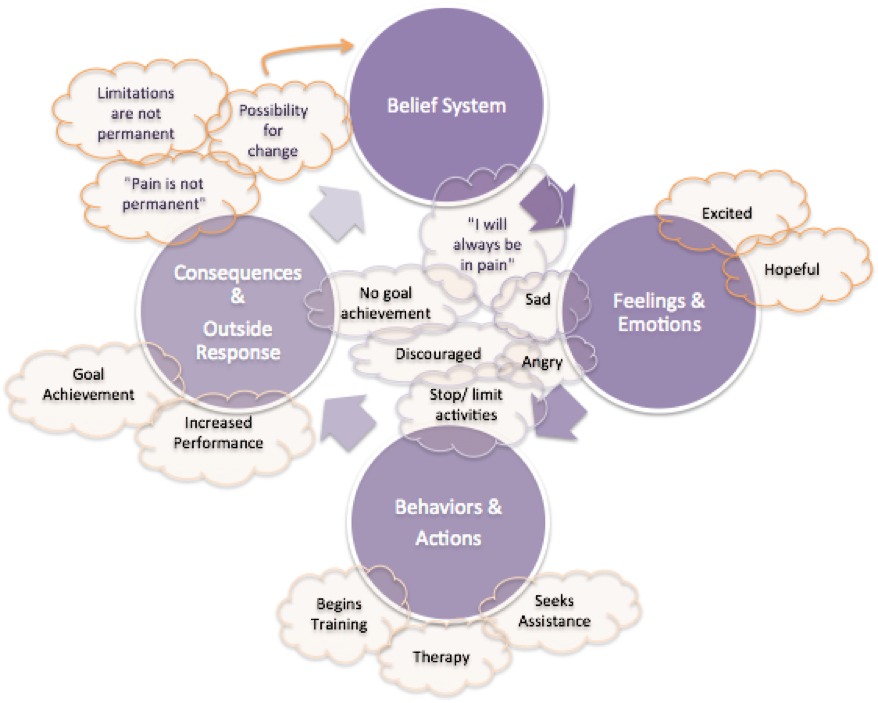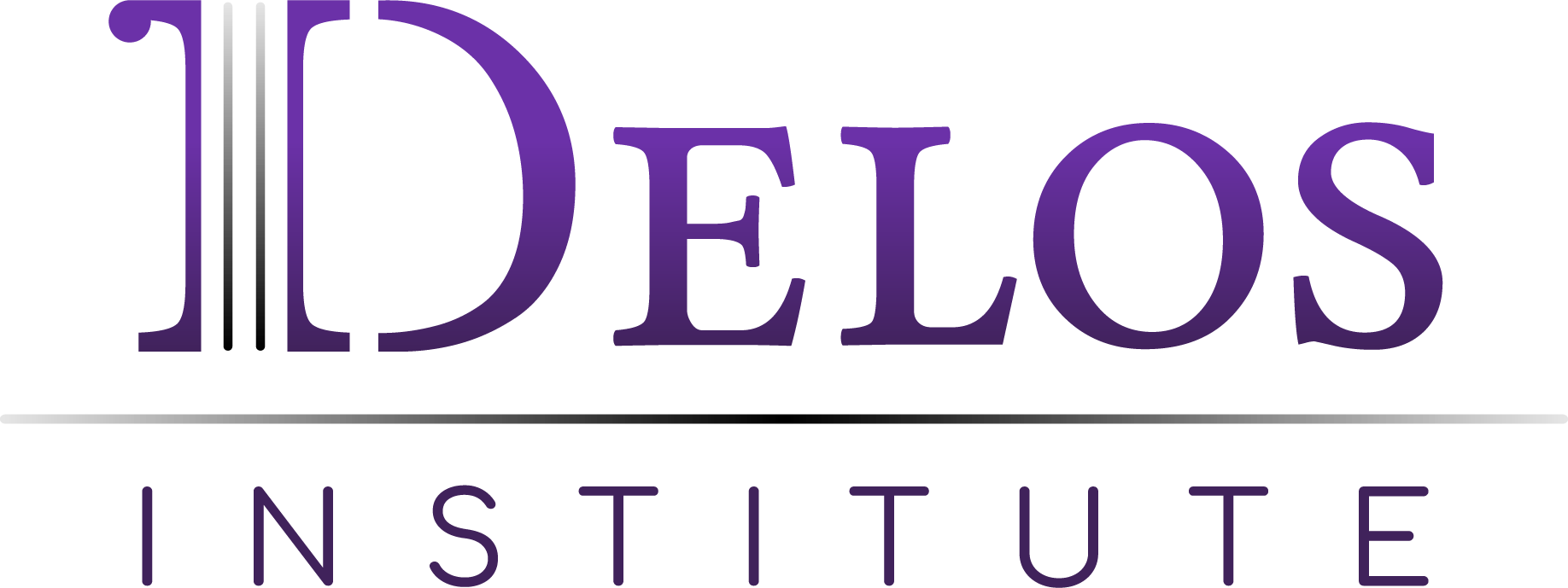
By Kate Patterson and Meg Lamm
Have you ever asked yourself, “What would I do if I no longer had headaches? What would I do if I wasn’t afraid of throwing out my back? What would I do if my shoulder didn’t hurt? What would I do if…..”
When an individual suffers from chronic pain, it can have a profound effect on daily life. While people in pain primarily experience physical limitations, it is important to note that they also encounter psychological effects such as fear, frustration and even depression. Because chronic pain is so pervasive, it can be extremely distracting and actually reduce one’s ability to concentrate and engage. Pain inhibits participation in enjoyable activities, negatively affects important personal relationships and proves to be a significant distraction in the workplace. Over time, these constant physical and mental struggles can drain energy and leave the person feeling discouraged and unmotivated in multiple aspects of his or her life.
The inability to engage in things such as playing with children, taking a fitness class, participating in a company team building event or even simply getting restful sleep exacerbates feelings of helplessness and anxiety. The Journal of Pain Research reports that when one feels he or she is not able to partake in simple activities, there can be an associated fear of being negatively judged or labeled as weak. This can lead to a vicious cycle of shame, guilt and worthlessness, and may ultimately result in feelings of isolation and depression. Psychiatrist Michael Clark states that “nearly one third of patients with chronic pain also exhibit signs of depression.” Because depression and pain receptors share some of the same neurotransmitters and nerve pathways, muscle therapy has been found to be effective in supporting mental health and is often used in conjunction with other therapies for patients suffering from poor mental health (Washington Post).
So, how would a decrease in pain impact quality of life? At Delos, we have seen that pain relief and ease of mobility accompany increased feelings of joy, freedom, connectedness and confidence in our clients. The surge in these feelings escalates the release of the FEEL GOOD chemicals naturally created within the body: endorphins, oxytocin and dopamine. The Huffington Post reports that when one experiences positive emotions, the brain begins to think in the way the body is feeling. A loop is then created, which links positive physiological messages to positive thoughts.
While we fully support clients seeking treatment from mental health professionals, we strive to continue making an impact in the physical realm. Consider a client of ours who came to us with debilitating back pain that was causing a strain in his relationship. He was irritated, couldn’t sleep, and took out his frustrations on his girlfriend. With treatment, we were able to eliminate his physical discomfort, but more importantly we were able to contribute to his mental well-being. In his case, pain relief had a profound impact on his quality of life, where he went from being on the brink of ending a relationship to actually being engaged in his relationship. He is now married to the woman who saw his progress from having feelings of despair to having a much happier life.
Based on what we have seen to be possible with our clients, we have to ask, why should anyone accept physical pain and mental anguish as the way things have to be forever? What does the message of “high shoulders, chronic pain, achy joints” indicate to our belief about ourselves? How do we operate if we settle on the idea that physical or mental discomfort and pain are everlasting? Is this how we want to continue our story?
If we shift to the belief that a life free from pain is possible, what goals become attainable? Who do we allow ourselves to become without such restrictions? How does this change the quality of our lives? Where do we see ourselves? What can we create? Where will we go? What will we achieve? There are endless possibilities.
- Alleviating Menstrual Pain With Delos Therapy - May 4, 2020
- Delos Therapy – Hot and Cold Therapy - October 21, 2019
- Therapy Spotlight: What Is Myofascial Release? - September 24, 2019


